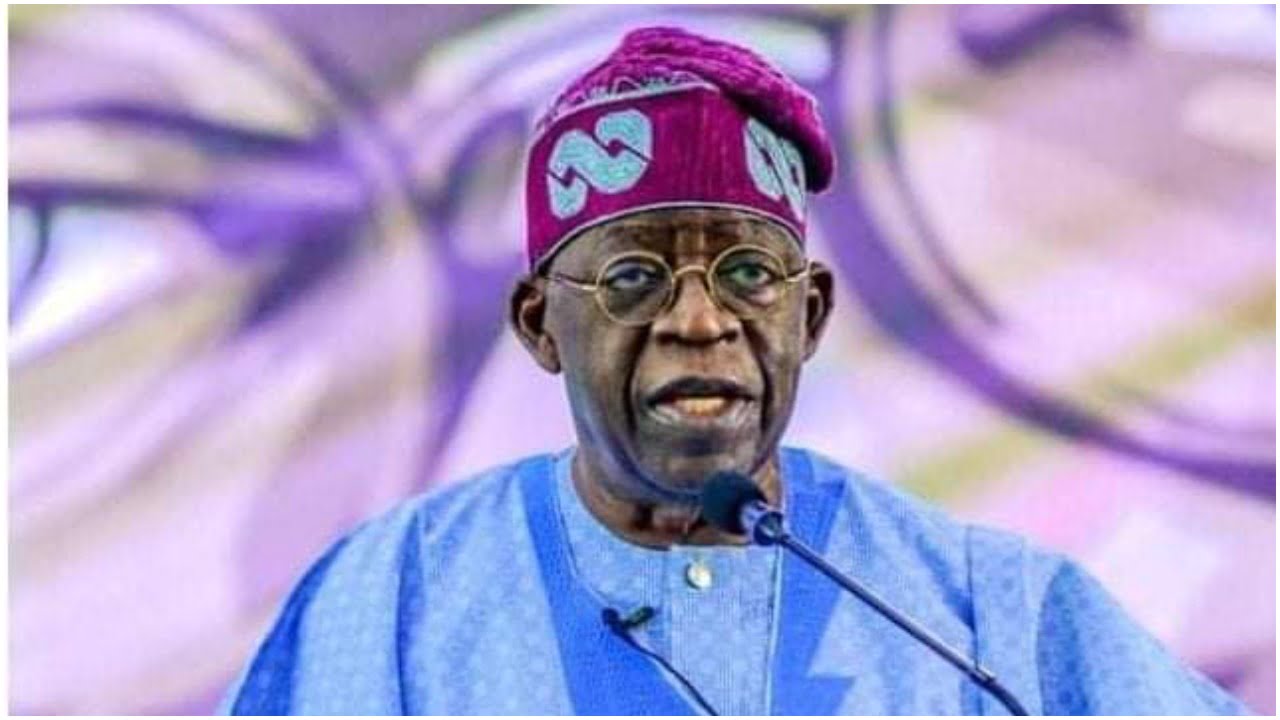
Bola Tinubu
He recently had his say while speaking at the ongoing Abu Dhabi Sustainability Week held in the capital city of the United Arab Emirates, and Nigerians have been reacting.
According to him, Nigeria’s status as Africa’s most populous nation and one of its largest economies must be acknowledged, and he can only underscore the nations responsibility to demonstrate leadership in addressing climate issues.
He added that his effort will be anchored on three pillars: energy transition, climate resilience, and sustainable development.
His words, “To succeed, we must innovate, collaborate, and decide decisively to collaborate as a global community. As Africa’s most populous nation and one of its largest economies, Nigeria recognizes its responsibility to demonstrate the required leadership on these matters.
We have embraced the vision of sustainability and that alliance of global aspiration while addressing the local realities. Our efforts are anchored on three pillars: energy transition, climate resilience, and sustainable development.
In my administration, we recognise this problem. From inception, we have recognised the importance of reducing carbon emissions and a just transition to clean and renewable Energy, promoting environmental sustainability and economic growth energy transition.
Nigeria is implementing climate-smart agricultural practices to enhance food security while reducing environmental impacts.
The government has approved several development policies, such as the national clean cooking gas policy, which aims to promote a clean energy environment and its benefit and socioeconomic development in our region.
Dear delegates and excellencies, our energy transition plan, like many nations, is aimed at diversifying energy sources and reducing our dependency on fossil fuel, prioritising the transition to cleaner energy sources as a cornerstone of our national development strategy.
Nigeria is committed to achieving a net zero emission by 2060 in line with global climate objectives; we are developing the infrastructure to utilise compressed natural gas and electric vehicles.
Lake Chad continues to shrink every year, and the livelihood of people continues to be threatened. Our government is working with local communities to implement solutions to get these effects and help us build resilience in the face of environmental challenges.
For resources to promote a green economy in Africa, we must focus on integrating sustainable practices in all sectors of our economy.
These investments are capital intensive in nature, and they required international support from partner countries, including national organisations, developmental partners, and individuals who shared our vision of a sustainable, prosperous, and equitable future must be included.”
WOW.
 NaijaVibe NaijaVibe | Download Latest Nigerian Music & Mp3s
NaijaVibe NaijaVibe | Download Latest Nigerian Music & Mp3s

